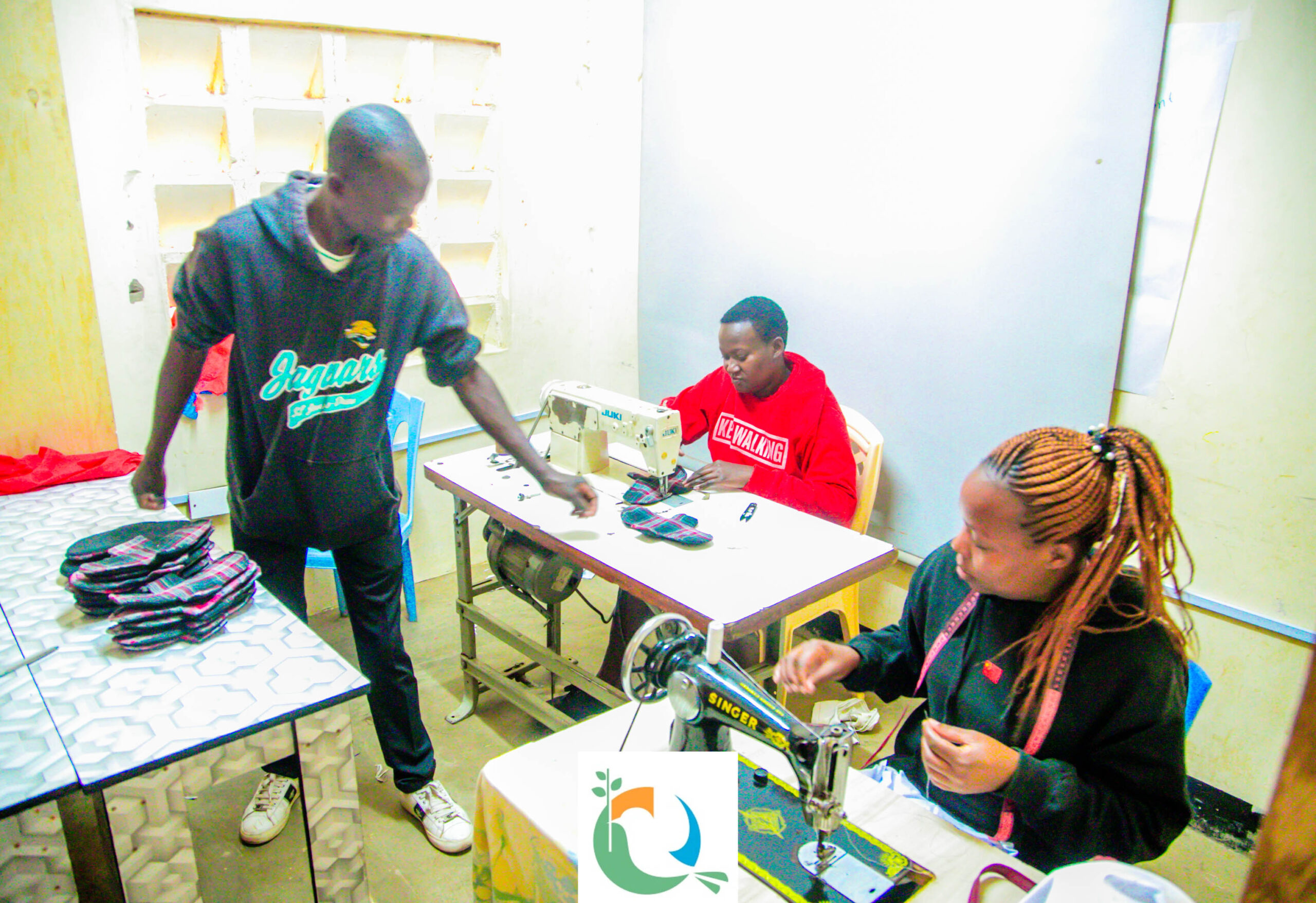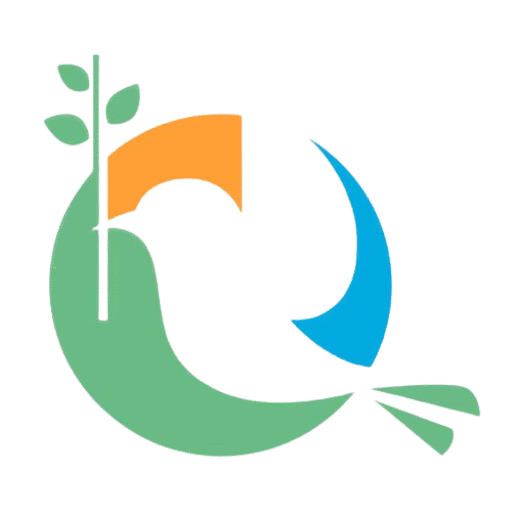
Breaking Barriers in Mathare: How Reusable Pads Are Empowering Women and Girls through LAHI
In the heart of Nairobi’s Mathare slum, a quiet revolution is unfolding; one pad at a time.
Menstrual hygiene, often a hushed and stigmatized topic, is being brought into the spotlight by the efforts of our team and determined young women. Through the production and distribution of reusable sanitary pads, Light and Hope Initiative (LAHI) has not only addressed a pressing health need but are also unlocking opportunities for empowerment, education, and sustainable livelihoods.
Period Poverty: A Hidden Barrier
For many girls in Mathare, access to menstrual hygiene products remains a luxury. Without affordable and reliable options, some are forced to miss school during their periods, risking their education and long-term prospects. Others resort to unsafe alternatives, jeopardizing their health and dignity. LAHI is flipping the script.
The LAHI Women Empowerment Program: Stitching Confidence
Here, young women are taught how to sew reusable sanitary pads, a practical, low-cost solution to a high-cost problem. These aren’t just pads; they’re symbols of self-reliance.
Mentees beam with pride as they hold their handmade products, not only because they’ve created something useful, but because they’ve gained skills that can support them economically. The project blends menstrual health education with vocational training, creating a safe space where confidence and community grow side by side.
But the impact doesn’t end with distribution. Education is central. Girls learn how to use and maintain the pads properly, ensuring hygiene and longevity. The approach is dignified and practical; changing lives with every kit delivered.
The Red Thread: A Story from Mathare
She was twelve when she first bled, and no one had told her what a period was. Her mother, busy keeping food on the table, had never had the talk. Her older cousins had giggled about “those days” but never said much else. So, when she saw the blood, she hid. For three days, Achieng stayed home from school, stuffing old rags into her underwear, too ashamed to speak and too scared to ask.
She missed her math exam that week. That was the beginning of her silence. Every month, she lost three to five days of school, each one chipping away at her dreams of becoming a nurse. Her teachers noticed. Her grades slipped. But how do you explain shame?
Then one Saturday afternoon, everything changed. Achieng followed her friend to LAHI offices in Mathare, a place where young girls gathered for what they called “Girl Power Sessions.” She didn’t know what to expect. Maybe just another boring lecture. But instead, she found something else entirely.
The room buzzed with laughter, scissors snipping fabric, sewing machines humming like gentle thunder. On a wooden table lay bright, colorful cloth; cut into strange petal-like shapes. Women sat in a circle, stitching, folding, teaching, Reusable pads.
At first, Achieng couldn’t believe it. Sanitary pads made from cloth? Washable? Affordable? Durable? It felt like magic. But it wasn’t magic ,it was LAHI Women Empowerment Project.
She joined the project that day.
She learned to cut, to stitch, to sew her own pads. She learned how to clean them, store them, and use them safely. She also learnt something else: she wasn’t alone. Every girl in that room had felt the same shame, the same fear. Together, they turned it into pride. And soon, something extraordinary happened.
Achieng started selling pads. At school. In her neighborhood. To young mothers. Each sale put a little money in her pocket; but it also sparked conversations that once felt impossible. She became the girl who talked about periods, openly, boldly. The girl who once hid her bleeding now taught others how to embrace it.
Today, Achieng is sixteen. She’s back on top of her class. She still wants to be a nurse. And now, she knows something no textbook ever taught her: Periods don’t stop dreams. Poverty doesn’t define girls. And even in the toughest corners of the world, a needle and thread can sew hope into the fabric of a life. This is the story of one girl; but it echoes in every reusable pad stitched in Mathare. A red thread connecting courage, community, and change.

